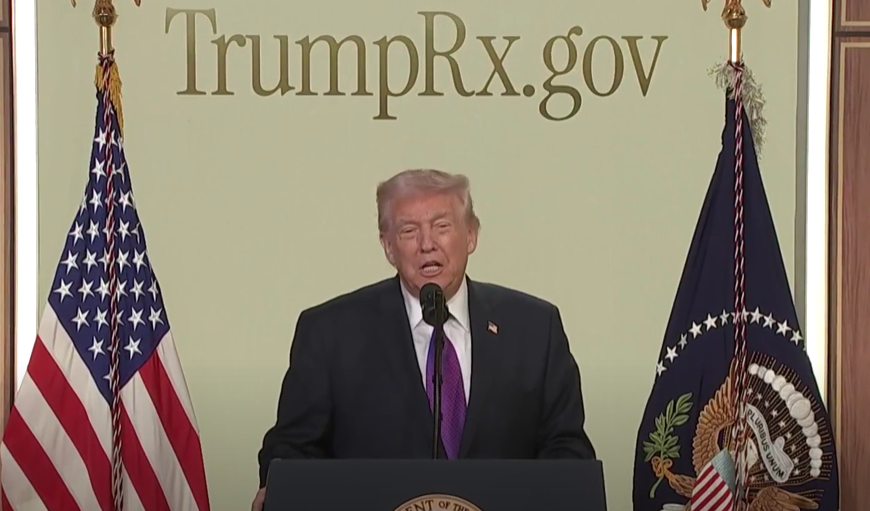What Happens to Student Loans If the Education Dep. Closes?

© Tim Gouw / Unsplash
The U.S. Department of Education plays a massive role in overseeing student loans, but what would happen if it were to shut down?
With ongoing political debates and funding challenges, many are wondering how student borrowers could be affected. Let’s break down what this could mean for loan servicing, financial aid, and repayment options.
What Happens if the Education Department Shuts Down?
Here are the main 4 things that could be affected:
Loan Servicing Could Become Chaotic
One of the biggest concerns is how student loan servicing would function without the Department of Education. The department is responsible for managing federal loan servicers, ensuring payments are processed correctly, and handling borrower disputes.
Moreover, if the department were to shut down, these functions could be disrupted, leading to delays, confusion, and potential errors in repayment processing.
Borrowers Might Struggle to Access Financial Aid
Students who rely on federal aid, including Pell Grants and Direct Loans, could face uncertainty. Moreover, the Education Department oversees the Free Application for Federal Student Aid (FAFSA) process and ensures that funds reach students.

Additionally, without proper oversight, delays in financial aid distribution could occur, making it harder for students to pay for college expenses.
Loan Forgiveness Programs Could Be Impacted
Programs like Public Service Loan Forgiveness (PSLF) and income-driven repayment plans are administered by the Department of Education. If the agency shuts down, borrowers applying for forgiveness or recertifying their income may experience delays or disruptions, causing financial strain for those relying on these programs to manage their debt.
Customer Service and Support Could Decline
Borrowers often rely on the Education Department’s resources for help with loan repayment, deferment, or forbearance options. Without the department, customer service and borrower assistance could suffer, leading to longer wait times and a lack of clear guidance for struggling borrowers.
Could Private Lenders Take Over?
If the federal government pulls back from student loan management, private lenders might step in to fill the gap. This could mean higher interest rates and fewer protections for borrowers, making repayment more challenging.

Moreover, federal loans often come with benefits like fixed interest rates and flexible repayment plans, options that private lenders may not offer.
What Should Borrowers Do Now?
While a full shutdown of the Education Department remains uncertain, borrowers should stay informed about potential changes. Keeping track of loan servicer updates, exploring alternative repayment strategies, and reaching out to financial aid offices for guidance can help borrowers stay prepared in case of any major policy shifts.
Uncertainty Ahead
The future of the Education Department and its role in student loans remains uncertain, but one thing is clear. Additionally, any disruption could have major consequences for borrowers. Whether it’s delays in financial aid, challenges with loan servicing, or impacts on forgiveness programs, students and graduates alike should keep a close eye on developments and be proactive in managing their loans.
You might also want to read: 4 Million Signups for Biden’s Student Loan Debt Relief


